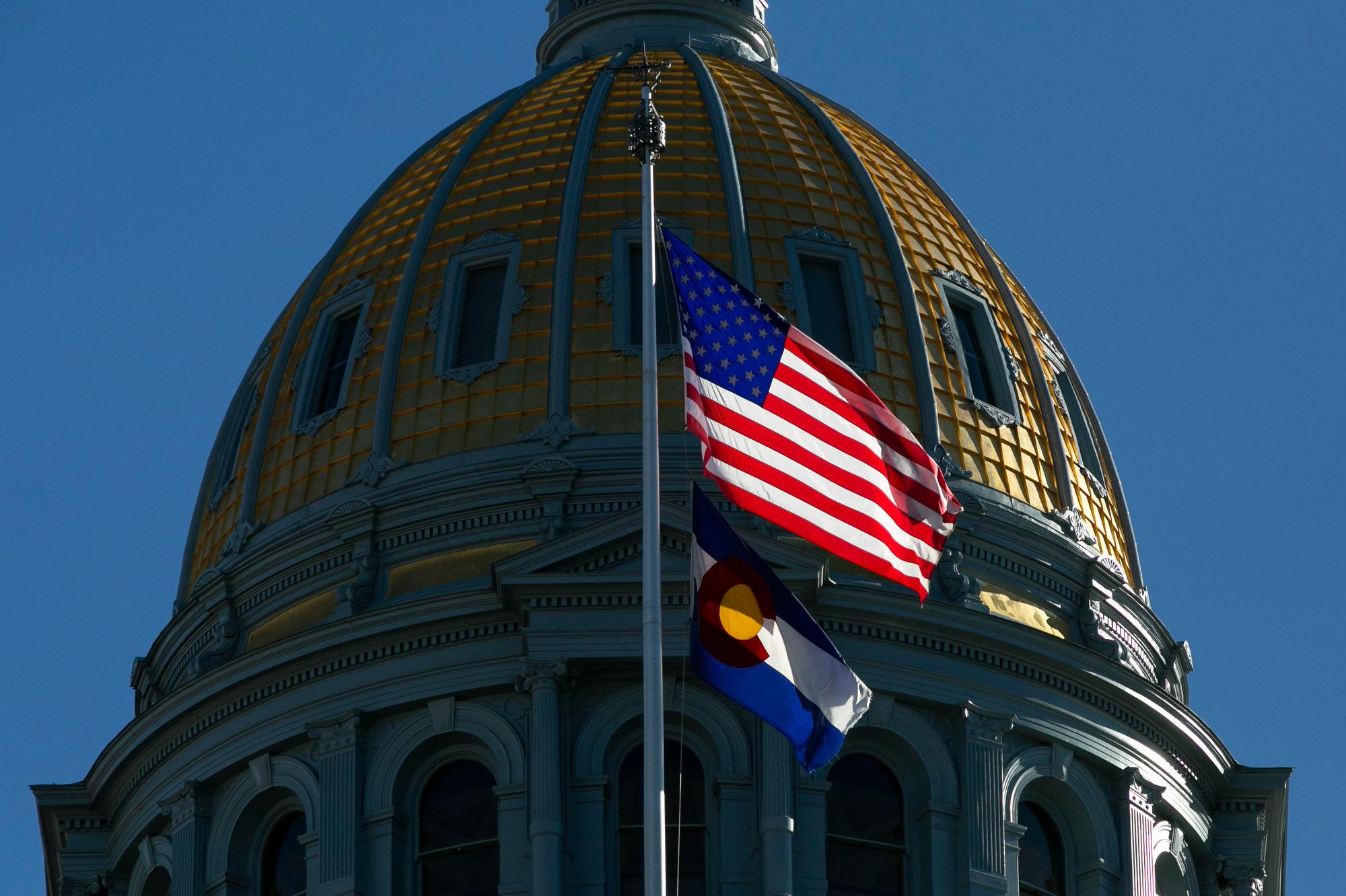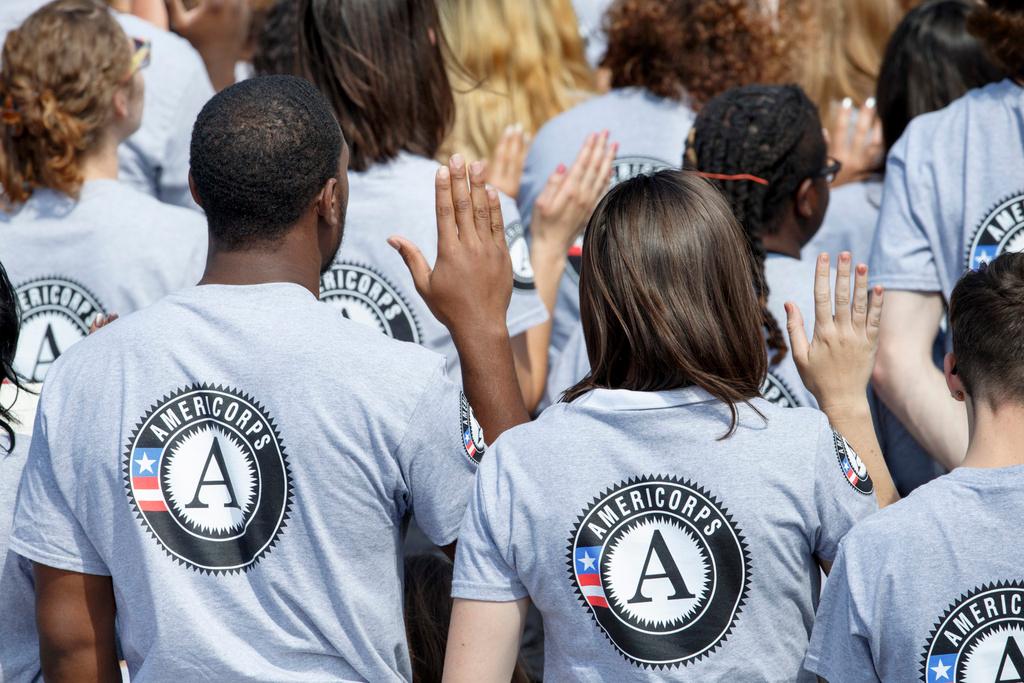
Update 8/22, 4:30 p.m.
TABOR refund checks started slowly trickling into Coloradans’ mailboxes earlier this month — but not everyone's mailboxes. You can check the status of your check by either calling 303-951-4996 or visiting https://tax.colorado.gov/where-is-my-refund.
Our original explainer continues below.
Coloradans are about to start getting checks from the state. It’s TABOR refund money, arriving months ahead of schedule per new legislation backers say will help people struggling with the crush of inflation. But the checks come with a few catches.
Here's some of what you need to know about the incoming tax refund.
How much will folks get?
The state estimates that about 3.7 million people will be eligible. They’ll get $750 each or $1,500 for joint filers, like married couples.
If this includes you, when might you get this extra cash?
The checks — and yes, they’re actual checks, no direct deposit — are going to start reaching people’s mailboxes the first weekend in August, and everyone who has already filed their taxes this year should have them by Labor Day.
Who’s getting them? Am I eligible?
It’s for anybody who lived in Colorado for all of last year and turned 18 by the time the year was over. And you have to have filed your tax return or applied for various tax credits by June 30, 2022.
People who don’t normally have to file a tax return, like seniors with no reportable income, should still file a 2021 return in order to get this refund.
What if I didn’t file my taxes in time? Is it too late?
It’s not too late, but it’s going to take longer to get a check. You could still file for an extension now and submit your taxes by October, in which case you’ll get the refund early next year.
Where’s this money coming from?
The government brings in revenues from a few different sources, primarily income and sales taxes. But the state constitution has a provision that sets a limit on how much the state can actually keep in a given year — the Taxpayer’s Bill of Rights, or TABOR.
When the state collects any money above the annual cap, it has to give it back to the public. And right now, the state is running a couple billion dollars above the limit of what they can keep.
It does that in a couple of ways, including property tax breaks for seniors and disabled veterans and a slight temporary cut to the state’s income tax rate. But this year the bulk of the money is going out in direct checks.
Were we always going to get these refunds?
The government has to pay this money back. But, according to a new law passed by legislators and the Polis administration, the refunds are going out this fall instead of next spring.
How did they decide the amount?
Normally the refunds are handed out on a sliding scale, where you’d get a bigger refund if you earned higher income — the idea being that if you paid more taxes, you should get more back.
But under a one-time law, the state is going to give the same amount to everybody. So, the lowest income people will get a few hundred dollars more, while the highest earners will miss out on nearly a thousand dollars that they would have gotten under the normal system.
So taxpayers will be getting these checks this summer, when there’s an election just around the corner in the fall. That seems convenient.
Sure is. Governor Polis, who spearheaded the idea at the legislature, has branded it as the Colorado Cashback.
Democrats have taken some criticism from conservatives who say this is just a way to make them look good ahead of the midterms and who note that many progressive lawmakers have opposed TABOR refunds as wasting money they’d rather see go to state services. However, when it came to voting for the flat payout and earlier checks, both parties were definitely on board.
Polis has defended the policy, saying “why should the government hold onto your money for another nine months?”
Are we going to get TABOR rebates every year?
For the next few years, yes, but maybe not as much money per person.
TABOR refunds are projected for the next couple fiscal years.
They’re expected to be smaller amounts, but still in the billions statewide.
And that’s only if the economy doesn’t take a turn into recession cutting state revenues below the TABOR cap.








